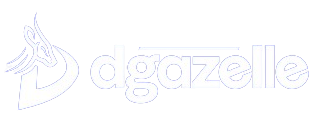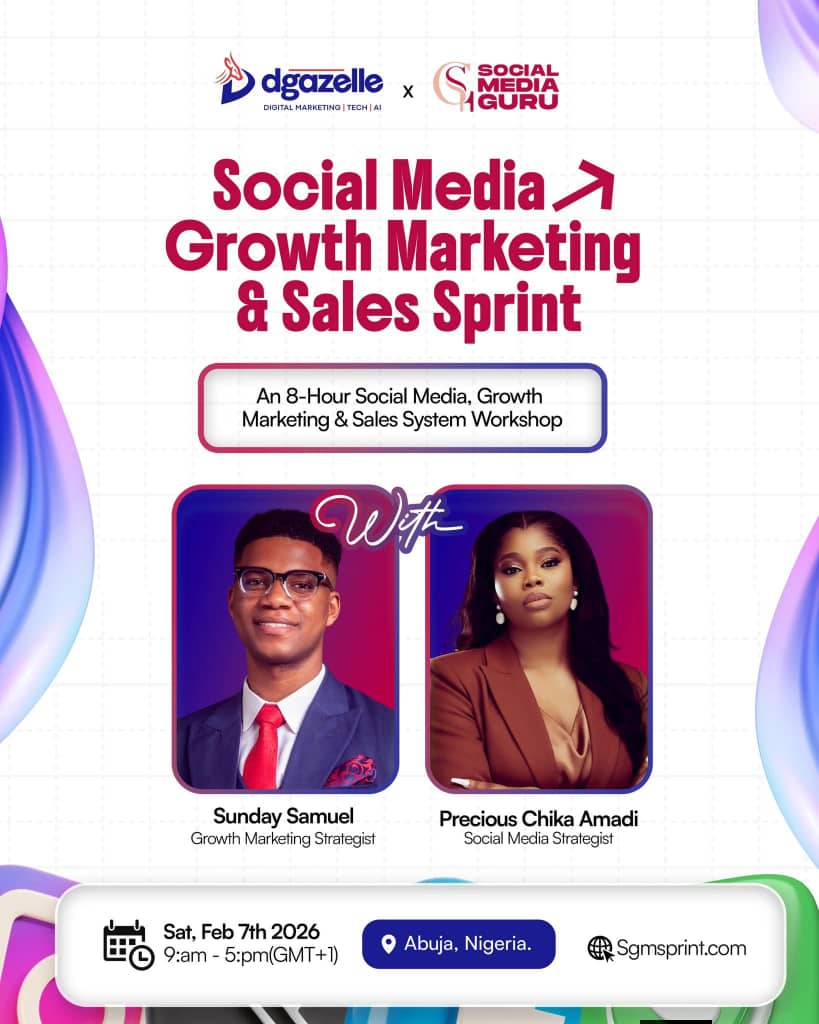Introduction
Many SMEs struggle to cut through the digital clutter and create a meaningful connection with their audience. The challenge lies in conveying their brand message in a way that resonates and leaves a lasting impression. In an era where attention spans are fleeting, the fear of being overlooked or failing to communicate your unique value proposition can hinder your business growth. Generic marketing messages often fall flat, and the struggle to stand out in a crowded marketplace becomes more apparent.
This article serves as your guide to unlocking the potential of storytelling marketing strategies for SMEs. By the end, you’ll will learn how to create storytelling strategies that resonate and elevate your brand. Let’s embark on this journey to transform your marketing approach and leave a lasting mark on your audience.
The Power of Storytelling in Marketing
Storytelling is an age-old tradition that transcends cultures and generations. In the context of marketing, it is a powerful tool that goes beyond merely promoting products or services. Let’s explore why storytelling is a game-changer for SMEs looking to make a meaningful impact in the digital age.
1. Emotional Connection:
Storytelling has a unique ability to evoke emotions. By weaving narratives that resonate with the human experience, you can create a deep emotional connection with your audience. Emotionally engaged customers are more likely to remember your brand and become loyal advocates.
2. Differentiation and Brand Identity:
In a competitive market, standing out is crucial. Storytelling provides a platform to showcase what makes your brand unique. By conveying your values, mission, and brand personality through stories, you create a distinctive identity that sets you apart from competitors.
3. Memorable Messaging:
Humans are wired to remember stories more than facts or figures. A well-crafted story becomes memorable, ensuring that your brand stays in the minds of your audience. This memorability contributes to brand recall and, ultimately, to customer retention.
4. Building Trust:
Trust is the foundation of any successful business relationship. Through storytelling, you can build trust by being transparent about your brand’s journey, challenges, and successes. Authentic storytelling fosters a sense of transparency and reliability, strengthening the bond with your audience.
5. Engaging Content:
Storytelling brings a narrative arc to your content, making it more engaging. Whether through blog posts, social media, videos, or other mediums, storytelling captures and sustains your audience’s attention. Engaged audiences are more likely to interact with your brand and convert into customers.
The Storytelling Struggle: Why It Matters
Before delving into the strategies of effective storytelling, let’s address the common challenges that SMEs face when attempting to incorporate storytelling into their marketing and why overcoming these hurdles is crucial for business success.
1. Lack of Cohesive Brand Narrative:
If your brand messages lack coherence and a clear narrative, it becomes challenging for your audience to connect the dots. A disjointed brand story can confuse potential customers and dilute your brand identity.
2. Ineffective Use of Story Elements:
Storytelling involves various elements like characters, plot, conflict, and resolution. Failing to effectively incorporate these elements into your brand narrative results in a story that falls flat or lacks the impact needed to engage your audience.
3. Difficulty in Audience Connection:
Creating a connection with your audience requires understanding their needs, values, and aspirations. If your storytelling does not resonate with your target demographic, you risk alienating potential customers.
4. Lack of Consistency Across Platforms:
Consistency is key in storytelling. If your brand story differs across platforms or marketing channels, it creates confusion. A cohesive and consistent narrative enhances brand recall and reinforces your messaging.
Call to Action: Ready to transform your marketing approach and create compelling storytelling strategies? Our team specializes in crafting narratives that resonate with your audience. Contact us to discuss how we can help you elevate your brand through the power of storytelling.
Crafting Effective Storytelling Marketing Strategies
Now that we’ve identified the challenges, let’s delve into the strategies that can transform your storytelling marketing efforts into a powerful driver of brand elevation.
1. Know Your Brand Story:
Start by understanding and articulating your brand story. What inspired the inception of your business? What challenges have you overcome, and what successes have you celebrated? Your brand story is the foundation of effective storytelling.
2. Define Your Brand Values:
Your brand values shape the narrative of your stories. Identify the core values that define your business. Whether it’s a commitment to sustainability, customer-centricity, or innovation, these values should be woven into your storytelling.
3. Understand Your Audience:
Effective storytelling is audience-centric. Know your target audience—their demographics, preferences, and pain points. Craft stories that resonate with their experiences and aspirations, fostering a sense of connection.
4. Incorporate Story Elements:
Utilize the fundamental elements of storytelling—characters, plot, conflict, and resolution. Introduce relatable characters, highlight challenges your brand has faced, and showcase how you’ve overcome obstacles to create a compelling narrative.
5. Be Authentic:
Authenticity is paramount in storytelling. Avoid embellishments or exaggerations. Share genuine stories that reflect the real journey of your brand. Authenticity builds trust and resonates with today’s discerning consumers.
6. Consistency Across Platforms:
Ensure consistency in your brand narrative across all marketing channels. Whether it’s your website, social media, or email campaigns, a unified brand story reinforces your messaging and enhances brand recall.
7. Use Multiple Storytelling Mediums:
Experiment with various storytelling mediums. From written content to visual elements like videos and infographics, diversify your storytelling strategy to cater to different audience preferences.
8. Encourage Customer Stories:
Leverage customer testimonials and success stories. Incorporating real experiences from your customers adds credibility to your brand narrative. Share stories of how your products or services have positively impacted your customers.
Elevating Your Brand Through Professional Storytelling
While the strategies mentioned above are fundamental, the professional touch can significantly enhance the effectiveness of your storytelling marketing efforts.
1. Expert Story Crafting:
Professional assistance in crafting your brand story ensures that it resonates with your audience and aligns with your business goals. Story crafting involves a deep understanding of narrative structures and effective communication.
2. Visual Storytelling:
Visual elements add depth to storytelling. Professional support can enhance your visual storytelling through high-quality graphics, videos, and other multimedia elements that captivate your audience and reinforce your brand message.
3. Integrated Campaigns:
Professional storytellers can help you integrate storytelling into your broader marketing campaigns. This involves aligning your brand narrative with specific campaigns, ensuring a seamless and impactful storytelling experience for your audience.
Call to Action: Ready to transform your marketing approach and create compelling storytelling strategies? Our team specializes in crafting narratives that resonate with your audience. Contact us to discuss how we can help you elevate your brand through the power of storytelling.
Conclusion
As an SME business owner in Nigeria, embracing storytelling as a marketing strategy is a powerful step toward elevating your brand and connecting with your audience on a deeper level. Through effective storytelling, you have the opportunity to not only differentiate your brand but also leave a lasting impression that transcends transactional interactions.
Don’t let the challenges of storytelling hinder your brand’s growth. Reach out to us today to discuss how we can help you professionally craft compelling storytelling strategies that resonate with your audience. Your journey to transforming your marketing approach and elevating your brand through the art of storytelling begins here.








